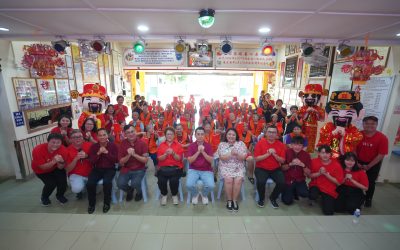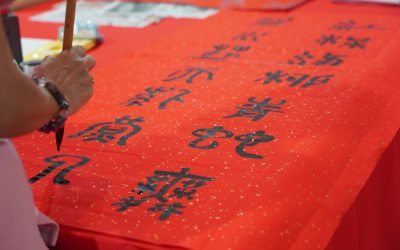
Grieving in the time of pandemic (Part 1)
Grief is part of the normal response when a loved one passes away. When someone close to us dies, it is considered important for those left behind to be able to gather and share memories about the deceased. This is part of the reason why funerals are held. Unfortunately the COVID-19 pandemic has affected the way we normally grieve – especially if the cause of death was due to COVID-19.
Hosting a funeral during the pandemic is difficult as it. Gatherings are considered high risk and as such, funerals are subjected to restrictions to curb the risk of infection. However, the death of a loved one due to COVID-19 can be even more devastating as loved ones would not be able say their farewells properly due to strict rules and guidelines imposed by health authorities on the remains management of COVID-19 victims.
The management of remains under normal circumstances is generally handled by the bereavement care provider appointed by the family of the deceased. A wake and funeral is then held typical for 3 or 5 days depending on the religious and cultural beliefs of the deceased.
In the event the cause of death is COVID-19, the management of remains is handled entirely by the authorities from the Ministry of Health (MOH). Nobody is allowed to come into contact with deceased once he or she has been moved to the mortuary. According to guidelines provided by MOH, only one or two immediate family members in full protective gear are allowed to view the remains at a safe distance. Different hospitals though may adopt different variation of this practice such as only allowing the next-of-kin to view the remains from a separate room through a window or through photographic images.
The remains are prepared by the hospital staff, before being wrapped and placed in a body bag. The body will be disinfected with sanitisers on all layers before being placed in a coffin and sealed. The coffin will then be transferred straight to the burial ground or crematorium with little to no ceremony to minimize risks. The entire process is done under the presence and supervision of an official from the MOH.
The loss of a loved one is in itself a traumatizing event but to be denied the normal processes of grieving due to COVID-19 restrictions can be even more traumatizing. There are however ways we can practice to cope with the loss of a loved one. Stay tune for Part 2 of this article.
For more information about MOH guidelines on the management of remains of COVID-19 patients please refer to this link: http://covid-19.moh.gov.my/garis-panduan/garis-panduan-kkm/Annex_20_Forensic_Guidelines_02122020.pdf
Nirvana Asia Group donates RM500,000 to aid Sarawak emergency flood relief operations
Kong’s generous donation is more than financial assistance—it is a heartfelt expression of care and solidarity with the flood victims. Tiong expressed his sincere gratitude for the contribution and called on more individuals and organizations to join the relief efforts: “Every donation, every volunteer’s effort, brings new hope to the disaster-stricken community,” he said, “Together, we can help the victims rebuild their lives and restore their sense of normalcy.”
Nirvana Asia Group Spreads Warmth This Chinese New Year Upholding the Spirit of Compassion and Charity
In 2019, Kong and his family got to know of Sang Riang Senior Citizen’s Home and were deeply moved by Yap’s devotion to charity. Committed to the principle of “giving back to society,” Kong and his family have contributed a significant amount in terms of financial assistance to the charity organisation, including RM620,000 to complete the home’s prayer hall, RM2 million for the construction of the cancer natural therapy centre, RM500,000 in utility bill subsidies during the pandemic, and RM50,000 per month for the home’s ongoing utility expenses.
Nirvana Asia Group secures national record for the “First Calligraphy Competition Held in a Memorial Park in Malaysia”
“Traditionally hand-drawn through calligraphy, these couplets hold emotional warmth and a personal touch that printed versions cannot replicate. I hope that events like this ensure the enduring appeal of this tradition, preventing it from fading away like the exchange of New Year greeting cards.”



















